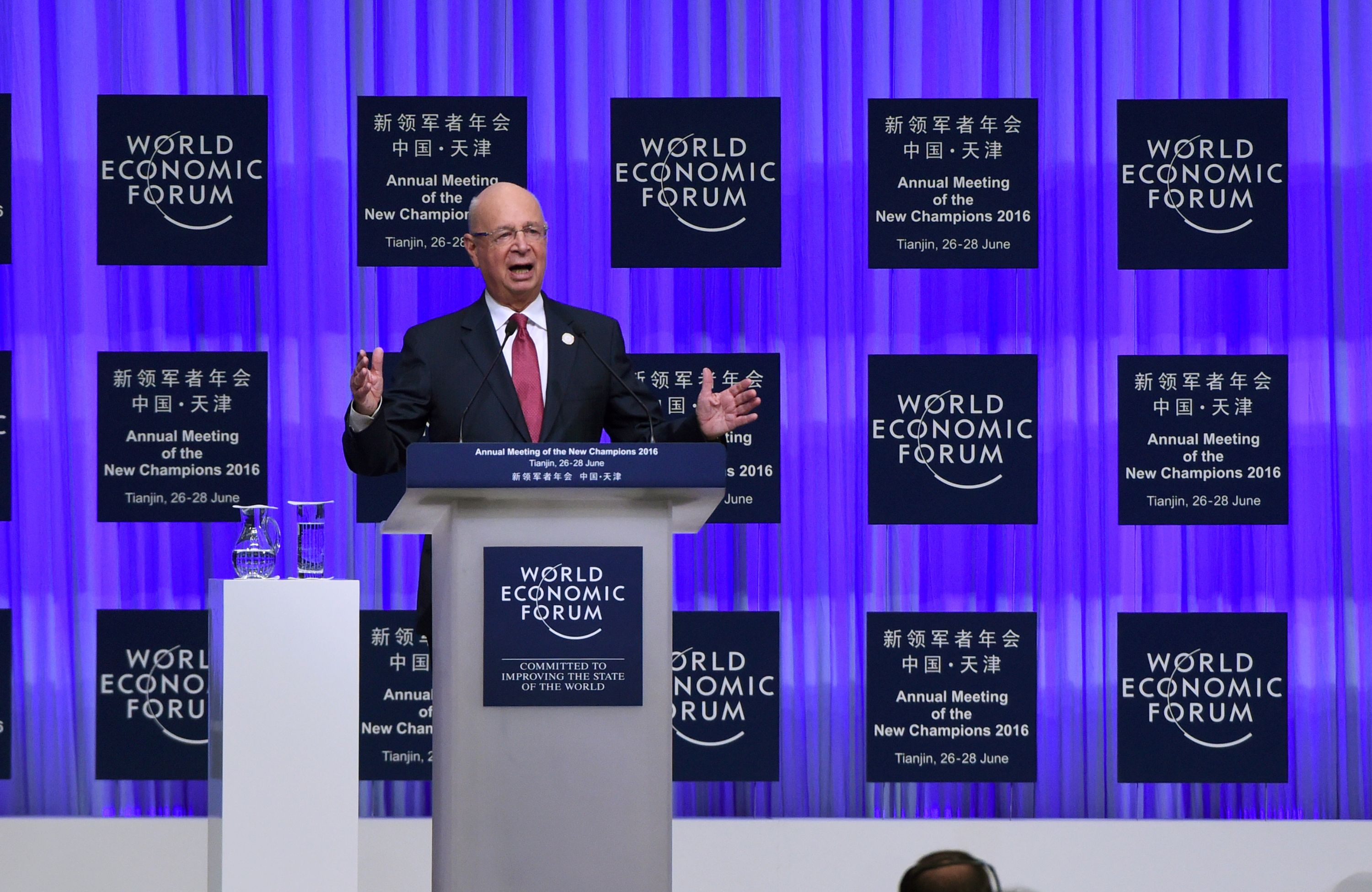Media stocks tumble as more customers ditch cable
By Staff Writer
Stocks of media companies in the United States fell sharply after they failed to meet quarterly expectations, indicating a major exodus from traditional television.
The S&P 500 media index shed 2.12% Thursday, its worst two-day drop since the 2008 financial crisis.
Decliners were led by media giant Viacom, whose stock dropped 14%, its lowest in nearly four years. Citing a weakening cable TV business, the company had reported lower-than-expected revenue and profit in the second quarter.
Walt Disney shares were down 1.79% while 21st Century Fox fell 6.4%. Both companies had said they were expecting lower profits ahead.
Also in the red were Comcast, CBS, and Time Warner, which was down 5%. That's the lowest drop of Time Warner in nine months after it projected losses in HBO Now, a stand-alone streaming service it launched just recently.
Dish Network shares were down 2.5% after the company said it had lost 81,000 pay-TV subscribers in the second quarter. That's higher than the 44,000 it had lost a year ago.
"We're in a mature-to-declining kind of linear TV business as we know it," said Dish Chief Executive Charlie Ergen.
The losses were seen as an indication that more pay-TV subscribers are dumping cable and shifting into Internet-based services, such as Netflix. Shares of the video streaming service provider have soared 56% over the past three months. In contrast, Viacom has lost 41% in the same period.
"Media stocks are getting slaughtered," said Aaron Clark, a portfolio manager at GW&K Investment Management, told the Wall Street Journal. "It's been the long-running fear that we would eventually see cord-cutting."
Because of the media selloff, indexes ended lower Thursday. The Dow Jones industrial average fell 0.69% to close at 17,419.75. The S&P 500 shed 0.78% to 2,083.56. The Nasdaq Composite dropped 1.62% to 5,056.44.
The media downturn comes amid jitters over key jobs data coming out this Friday. This is expected to provide clues as to whether the Federal Reserve will raise interest rates, which have been near zero since the financial crisis.
Investors are watching how the market will react to higher rates.












